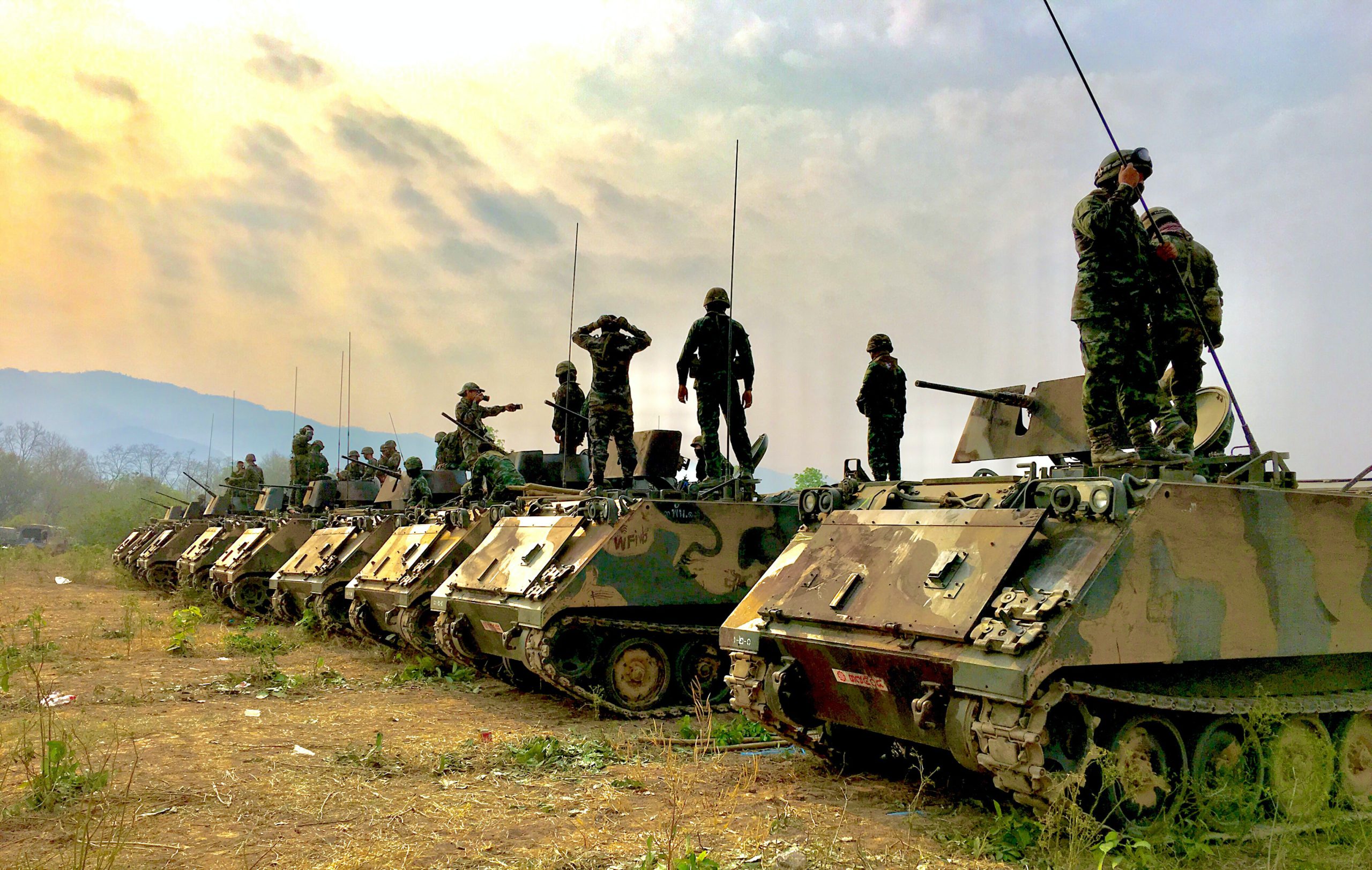Russia’s invasion of Ukraine has been the centrepoint of recent conversations with various sanctions being issued against Russia and overwhelming support for Ukraine’s sovereignty. However, the strenuous relationship between both countries has been lingering for the better part of various decades.
After the fall of what was the Soviet Union, Ukraine declared independence in late 1991. Canada itself has historical relations with Ukraine, the former being the first Western nation to recognize Ukraine’s independence. Both countries set up embassies in their respective countries in 1992 and have been in a Free-Trade agreement since 2017.
As of 2016, Canada is home to an estimated 1.3 million persons of full or partial Ukrainian descent.
On March 3, York President Rhonda Lenton put out a statement condemning the violence brought on by Russia’s attacks and took a stance of solidarity for the citizens of Ukraine and others who have been affected.
“York supports all diplomatic efforts to achieve peace, security, and democracy, both in Ukraine and countries around the world experiencing violence and division.”
Lenton’s statement also acknowledged that York has reached out to students with Ukrainian and Russian citizenship individually to offer assistance for those facing persecution or dealing with personal grievances and concerns regarding the war.
Whilst approximately 2.6 millions Ukrainians have managed to cross into Polish, Moldovian, Hungarian, and Slovakian borders, there have been numerous incidents and accusations of mistreatment toward people of colour who are attempting to flee Ukraine.
Professor Jennifer Hyndman of York’s Faculty of Environmental and Urban Change, whose work and research focuses on the geopolitical aspects of refugee displacement and diaspora communities in Canada, speaks on Canada’s potential welcoming of Ukrainian refugees. She feels “the desire to respond and provide the protection is prevailing” and is confident that Canada has the capacity and the means to assist those of all backgrounds.
“We can expand services if there’s funds to do so — the Trudeau government has announced some significant funding for that. We can become prepared if we’re not already there.”
Hyndman also feels that people should step up (particularly leaders in the European Union) and create space to help those who have faced discrimination when escaping the violent environments of Ukraine and maintains that those individuals should not “fall through the cracks.” Hyndman did, however, applauds Canada’s efforts to offer “unprecedented protection pathways” to help those who have been affected by Russia’s attacks.
An advocate for helping refugees of all backgrounds, Hyndman hopes that said efforts are applied “equitably and fairly” to other refugee groups, particularly noting Afghans who have faced similar conflicts in 2021.
“We need to remember and to track those other refugees who have been waiting. In many respects, it’s those who are more invisibilized and less urgent in our view, that we need to pay attention to.”
On March 11, Prime Minister Justin Trudeau vowed to pledge $117 million to help bring additional Ukrainian refugees into Canada during a conference with Polish President Andrzej Duda. Both leaders also condemned President Putin’s actions, with Duda calling it ‘genocide.’




